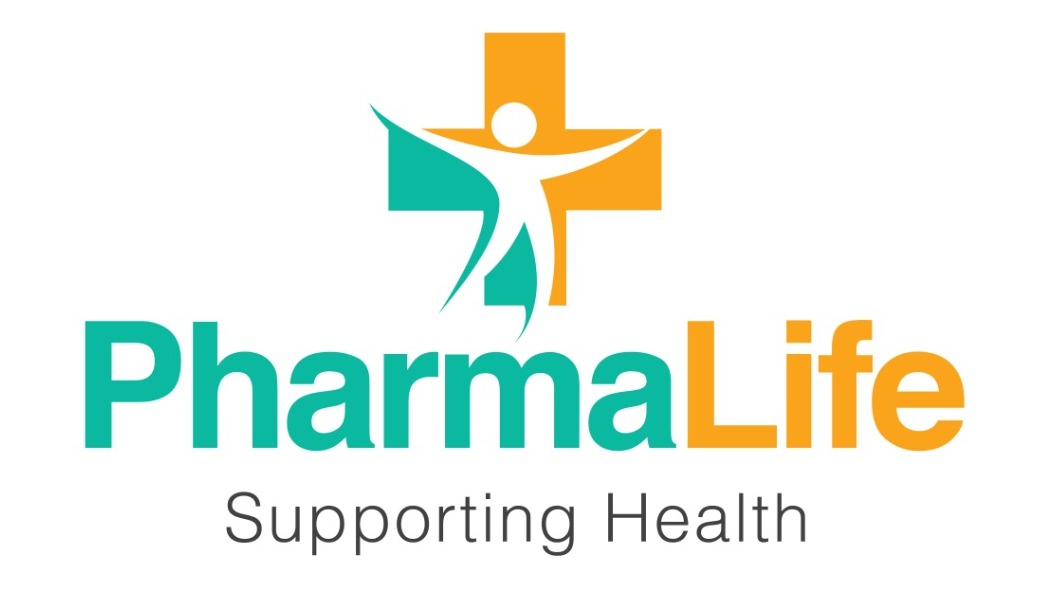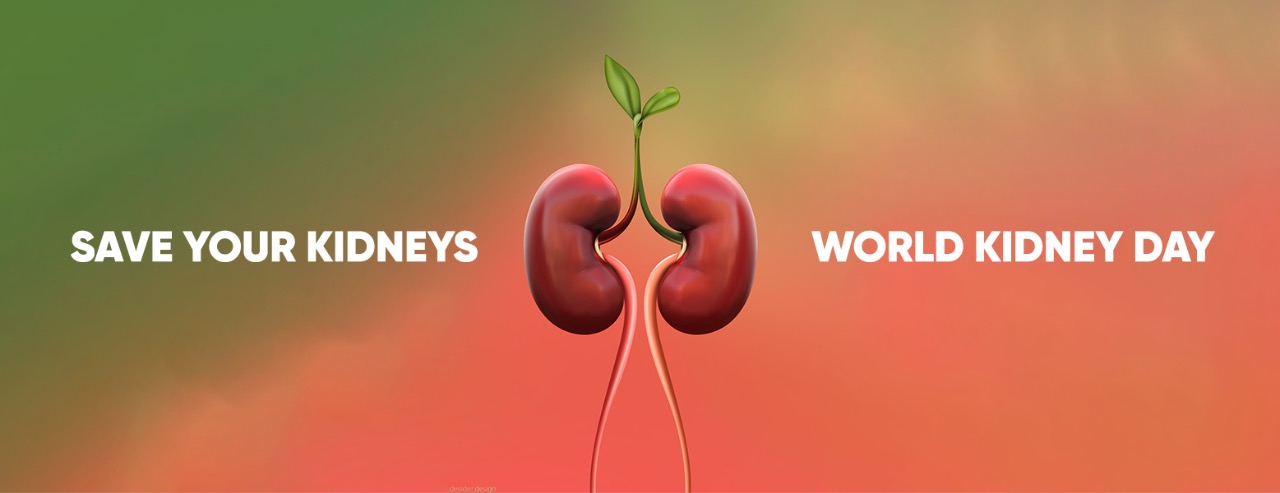Each year World Kidney Day is marked on the second Thursday of March, while the entire week is Healthy Kidney Week. This year World Kidney Day was celebrated on March 10, with the common denominator of raising awareness regarding kidney health throughout the globe.
World Kidney Day has been a global campaign initiated through the joint collaborations of the International Society of Nephrology (ISN) and the International Federation of Kidney Foundations (IFKF). First started in 2006, this campaign focuses on promoting healthy kidneys with particular themes each year.
The theme for the World Kidney Day, 2022 is “Kidney Health for All – Bridge the gap to better kidney care”. Accordingly, physicians, doctors, nurses, medical students, nephrology officials and government agencies came together to organize a multitude of events here in Nepal too.
PharmaLife, therefore, brings to you a carefully curated article to make sure you and your loved ones are safe from any kidney diseases, and your kidneys are healthy. We talk about major health issues concerning kidneys and how to prevent or manage them.
Kidney Health
Kidneys, organs of our excretory system, are one of the most vital organs in all of the human body. They are responsible for filtering metabolic waste from the body in the form of urine. Further, kidneys have a major role in maintaining water, fluid and electrolyte levels within our body.
Moreover, kidneys have a rather crucial role in maintaining the pH, and salt levels of our body. They also synthesize certain hormones which are necessary for regulating the normal blood pressure. Kidneys are also functioning to activate various forms of vitamin, especially vitamin D.
With these many important tasks, kidneys are obviously a very important part of our body and for general health and well-being, healthy kidneys are a must. However, with the lack of proper knowledge and access to health care, kidney related health issues are increasing globally. According to the Global Burden of Disease Study, chronic kidney disease ranks 18th in the list of causes of total number of deaths worldwide. Almost 10% of the global population report health issues related to kidney, and a fair share of this population belongs to affluent countries.
Chronic Kidney Disease (CKD) is a rising worldwide health crisis, responsible for almost 20% of total deaths, according to the World Health Organization (WHO). Knowing more about these kidney problems is the first step towards maintaining kidney health.
Major Kidney Diseases
- Chronic Kidney Disease (CKD): CKD is the most common form of kidney disease, which is actually a long term condition. It is usually associated with blood pressure and diabetes, both of which deteriorate the kidney’s functioning capacity. In lack of proper care and management, CKD can lead to terminal kidney failure, and sometimes death if kidney transplant cannot be done.
- Glomerulonephritis: It is a condition in which glomeruli, the tiny blood vessels of the kidney, go through inflammation. Since, filtration of blood cannot be done without glomerulus, this disease is also serious. Glomerulonephritis can be caused following drug toxicity, infection, or sometimes genetic mutation.
- Polycystic kidney disease: In polycystic kidney disease, small fluid filled cysts appear over kidneys that may impair the kidney’s normal mechanism. These cysts are multiple and therefore may lead to kidney failure too. Polycystic kidney disease is mostly genetic.
Although these are the major kidney related health issues that are serious, there are a number of other diseases too. Kidney stones, or renal calculi are one of such conditions. Urinary Tract Infections (UTI) can also sometimes lead to the kidneys and cause nephritis, pyelonephritis.
Symptoms of Kidney Diseases
A lot of times, symptoms of kidney problems are left unnoticed and can aggravate into more serious forms. Diagnosing kidney abnormalities at the earliest can ensure quick recovery and healthy life. Therefore, understanding the symptoms of kidney problems is crucial for maintaining overall health. Although, the symptoms may be of wide variety, these are some of the warning signs you cannot risk to undermine:
- Swollen feet/ankles with pitting edema
- Frequent urination
- Difficulty while urinating, blood in urine
- Muscle cramps, fatigue
- Loss of appetite, trouble concentrating
- Confusion
If you have any of these symptoms, try consulting a nephrologist and get your kidneys checked. Also, getting your kidneys tested routinely is always a good idea to maintain good health and vitality.
Risk Factors for Kidney Diseases
Knowing if you are at higher risk for kidney diseases is the first step towards healthier kidneys, and healthier life. If you are at higher risk, regular kidney function tests is a must for you. You may also be at higher risk if you:
- are over 60 years of age
- are diabetic or hypertensive
- are obese
- have family history of kidney diseases
- have/had kidney stones
- use NSAIDs (painkillers like ibuprofen, aspirin) regularly
Visiting your physician regularly and getting your kidneys tested is the best idea if you associate with any of these risk factors.
Kidney function tests are easy and can help diagnose any condition at its earliest. Blood Urea Test, Blood Creatinine Test, Urine Analysis, Glomerular Filtration Rate (GFR) test are some of the easiest, yet conclusive tests for assessing kidney health. Further, CT scans or Kidney biopsy can also come in handy to detect abnormalities sometimes.
Keeping Kidneys Healthy
Although some of the risk factors of kidney diseases, like age and genetics cannot be managed, there are many lifestyle changes that can help keep your kidneys fit. A few simple changes in your daily life can promise healthier kidneys and a healthier you!
- Eat a healthy diet rich in vitamins and minerals. Include more vegetables and fruits into your daily diet.
- Engage in routine physical activity
- Maintain your blood sugar level and blood pressure
- Avoid alcohol and smoking
- Drink plenty of water every day
- Avoid too much protein, salt and citric acid (found in citrus fruits)
- Be careful with Over The Counter (OTC) pills like NSAIDs, PPIs etc.
- Get tested regularly if you are at higher risk.
These lifestyle changes, although seem very small, can help promote kidney health tremendously. Eating healthy food, exercising regularly, drinking enough water, avoiding alcohol and smoking not only prevent kidney diseases but also prevent many other diseases of the cardiovascular system too. Further, being careful with non-prescription medicines is also important. Painkillers like Aspirin, Ibuprofen on long term use can seriously impair the kidney, liver and heart too!
Moreover, the global incidence of kidney diseases is increasing each year. Promoting awareness regarding kidney health is one of the easiest, yet effective ways to address the global healthcare crisis. Help spread the awareness around you. PharmaLife associated pharmacies around you also offer counselling and information regarding these issues. We, at PharmaLife, believe with joint efforts we will surely ensure kidney health for one and for all!


There are no comments